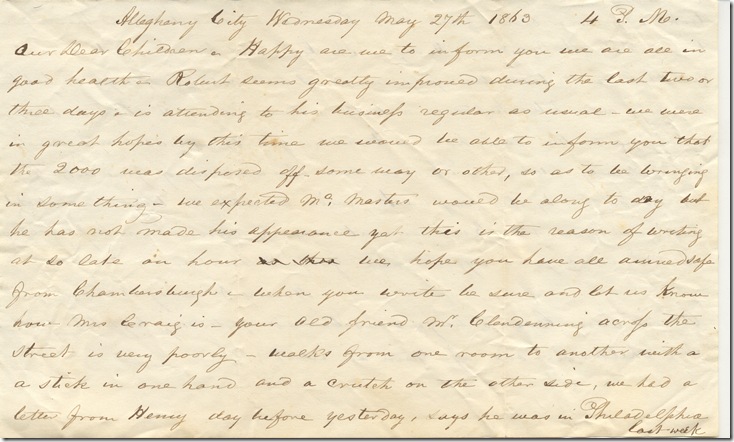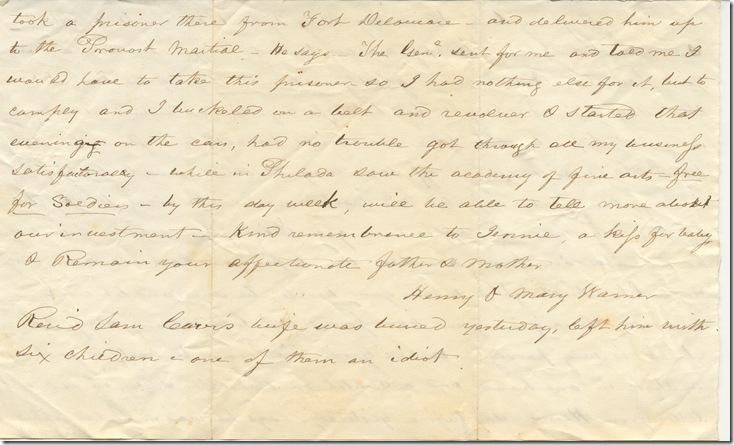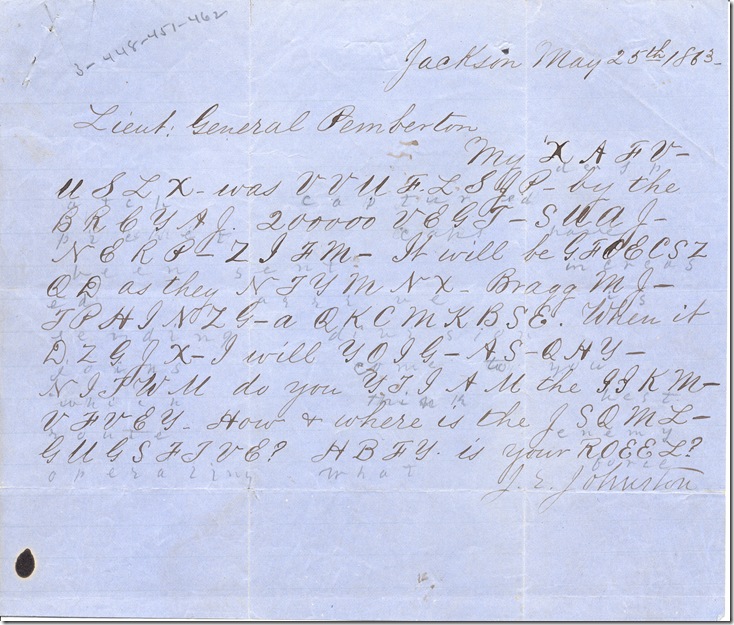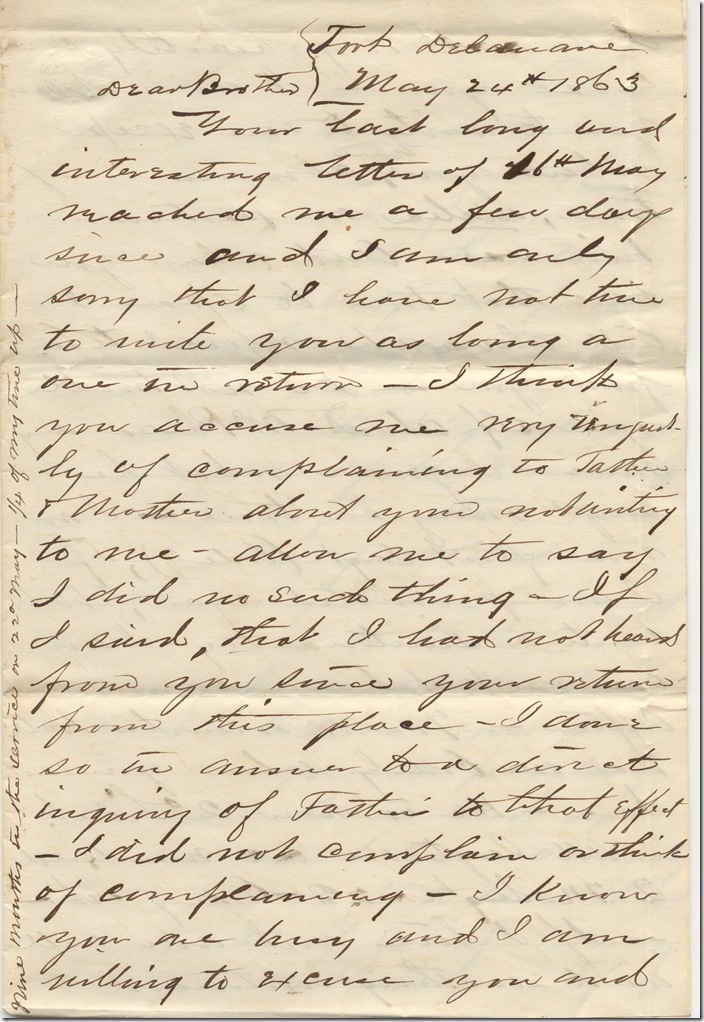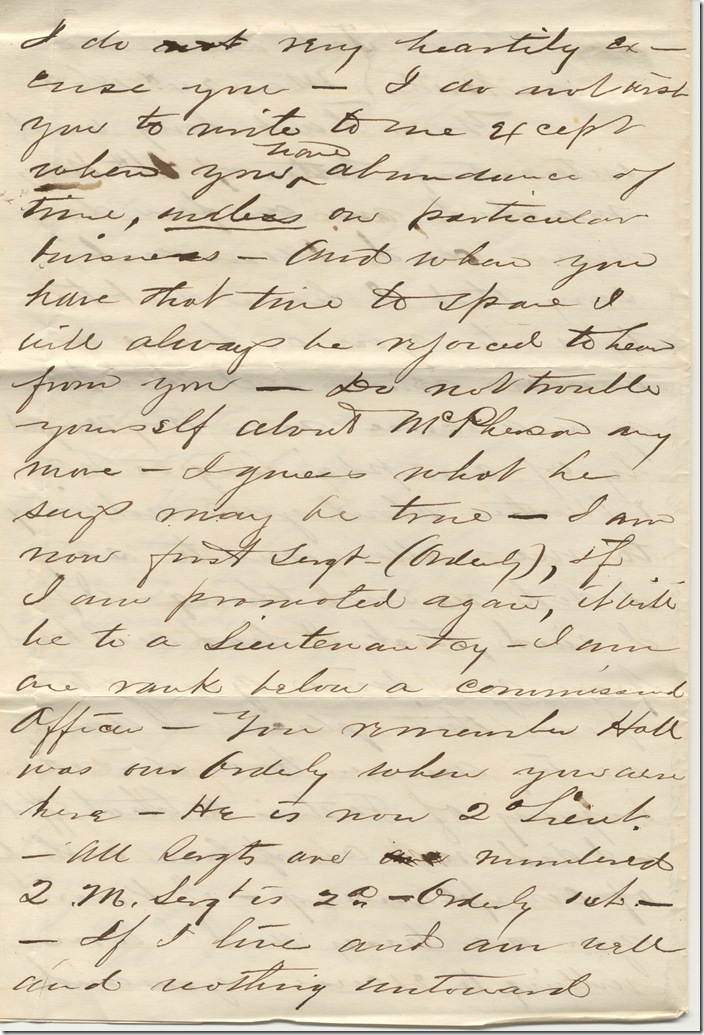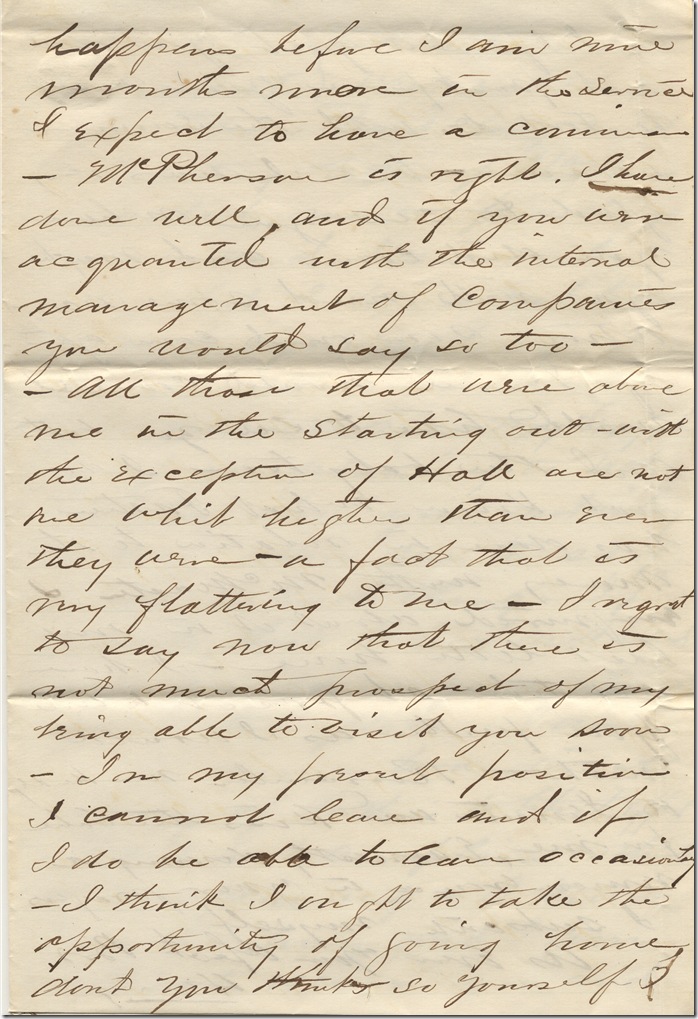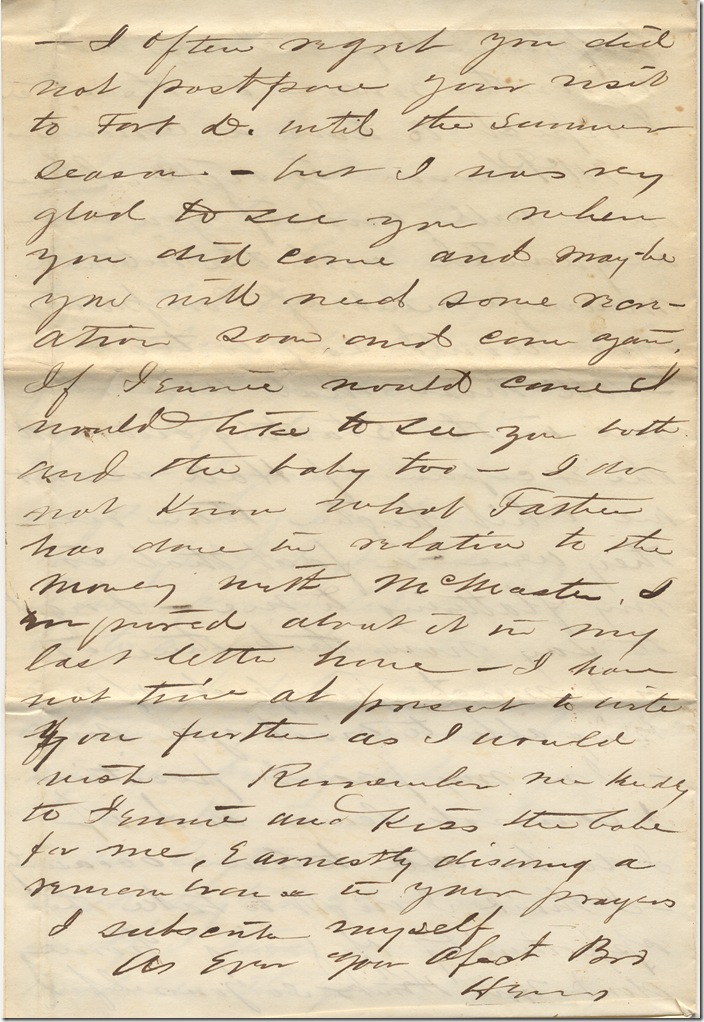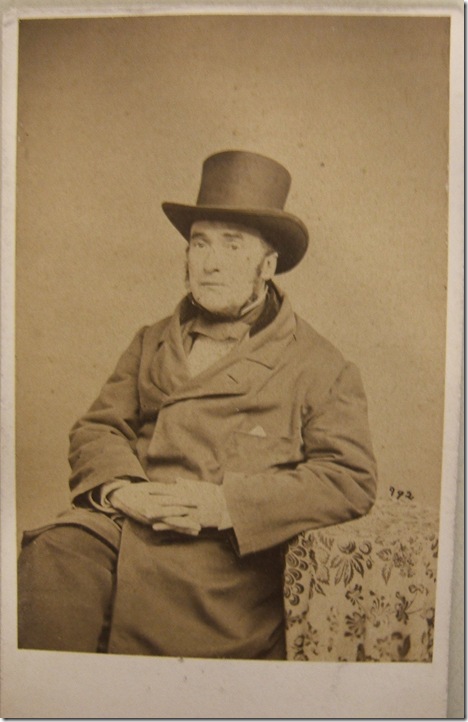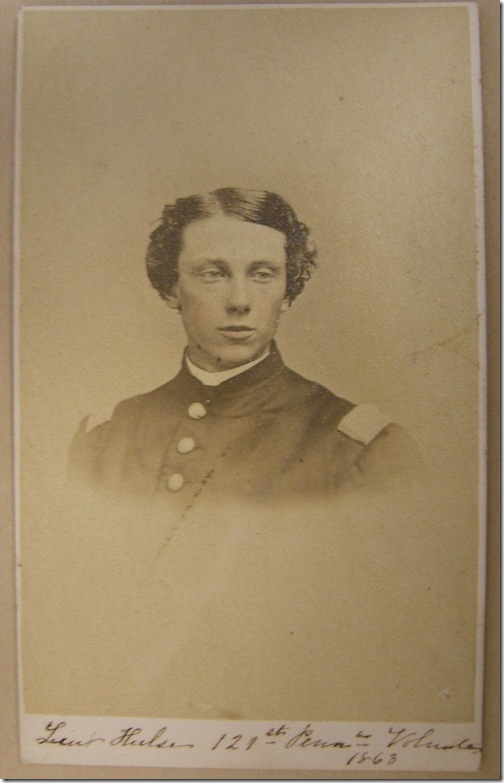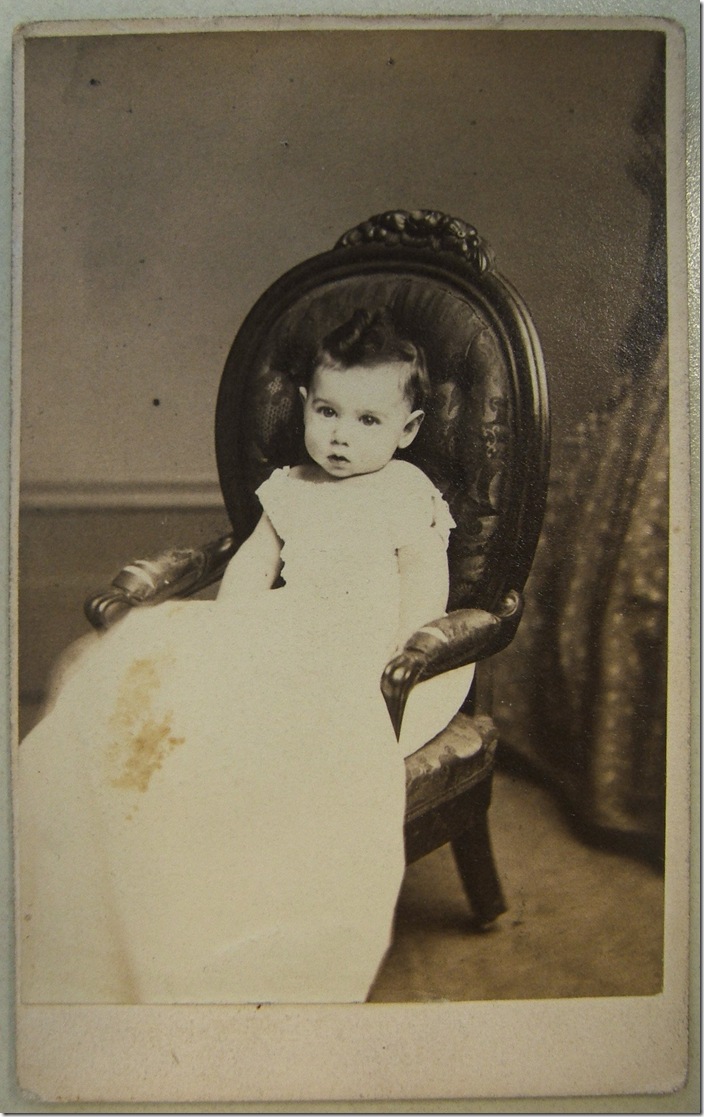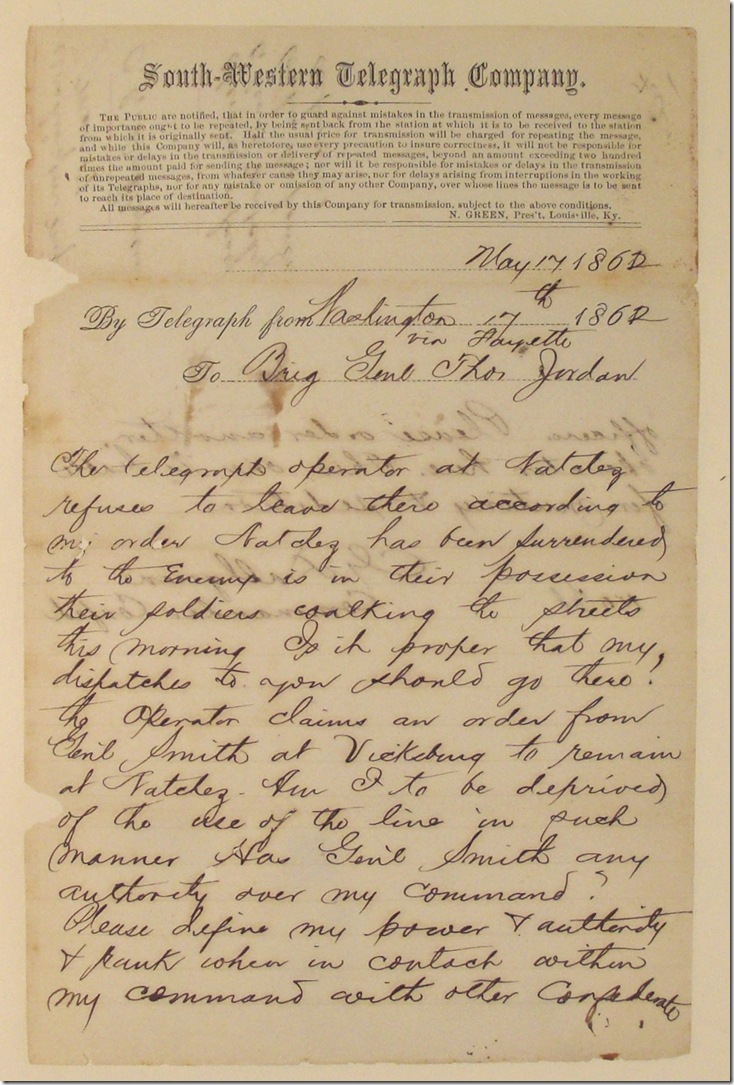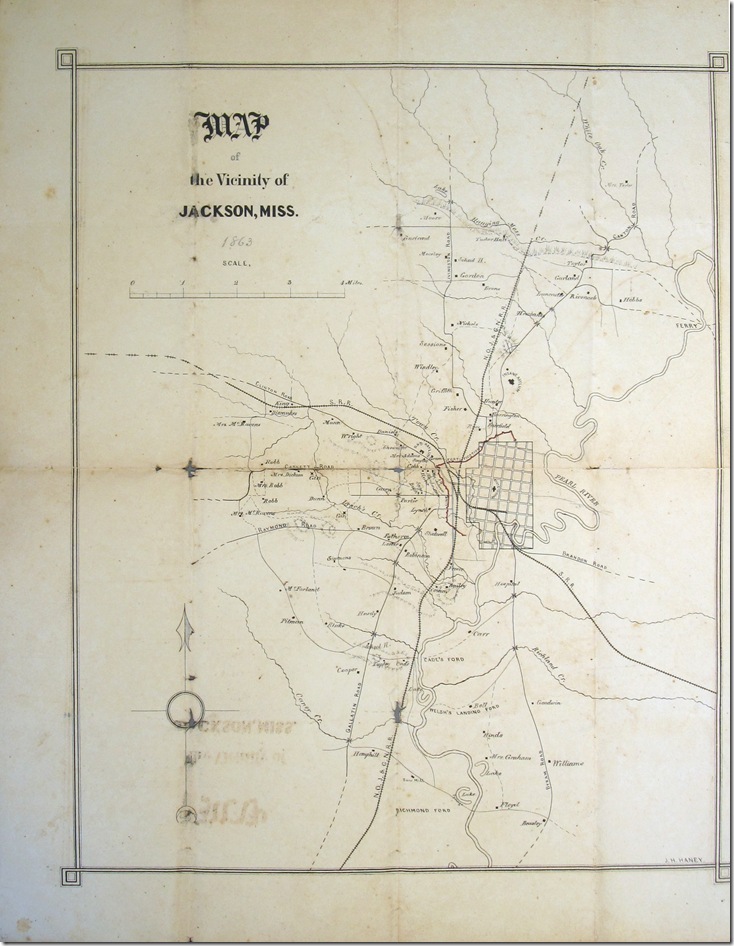Alexander Biddle was a member of the prominent Philadelphia Biddle family and was married to Julia Williams Rush, the granddaughter of Dr. Benjamin Rush. Biddle served with the 121st Pennsylvania Volunteer Infantry, beginning in September 1862. Starting out as a major, he would participate in Fredericksburg and Gettysburg, among other engagements, and would leave the service as a lieutenant colonel. (He was commissioned, but never mustered, as colonel)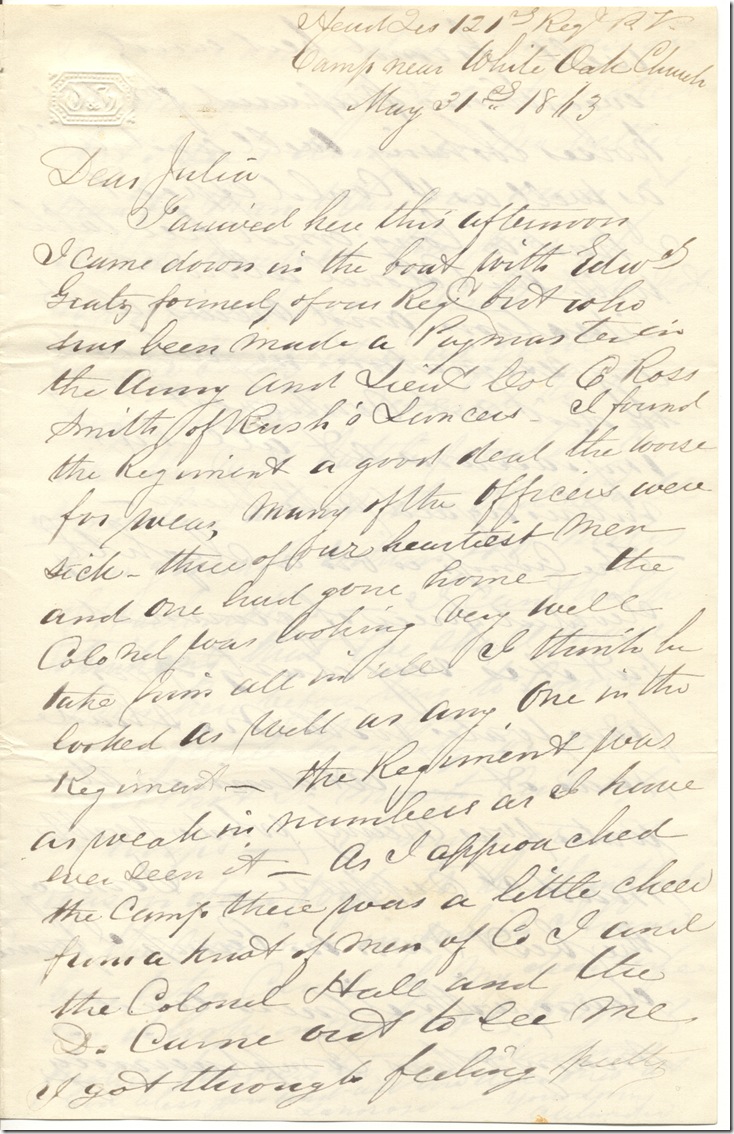
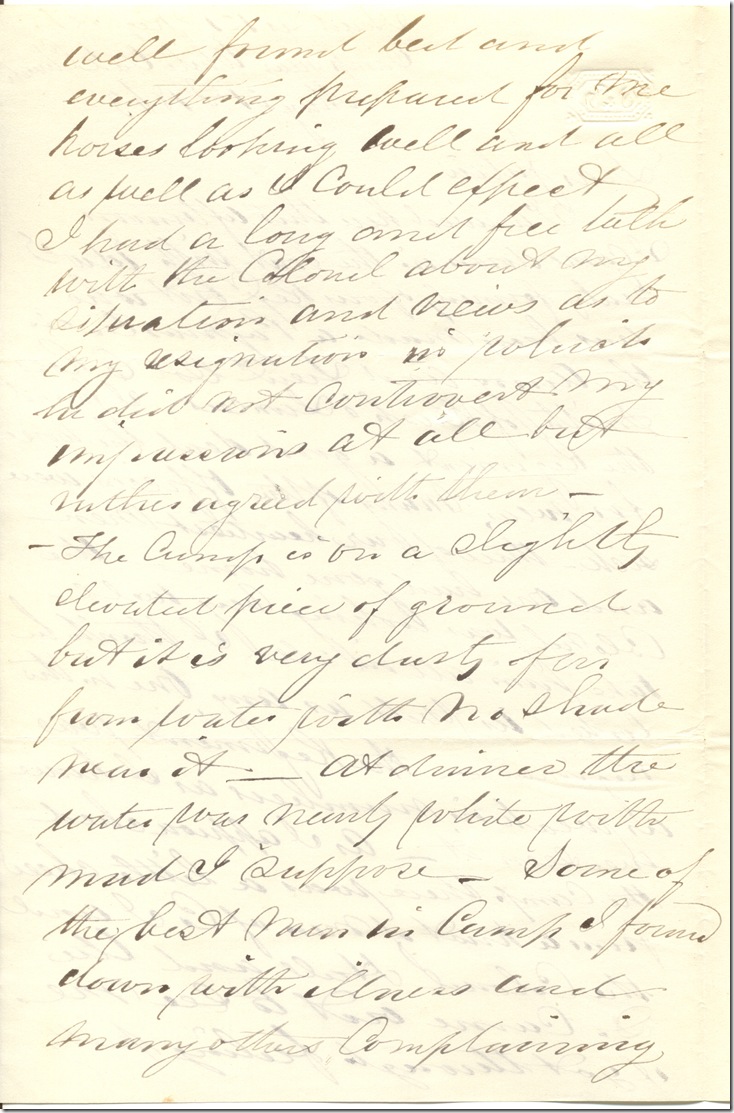
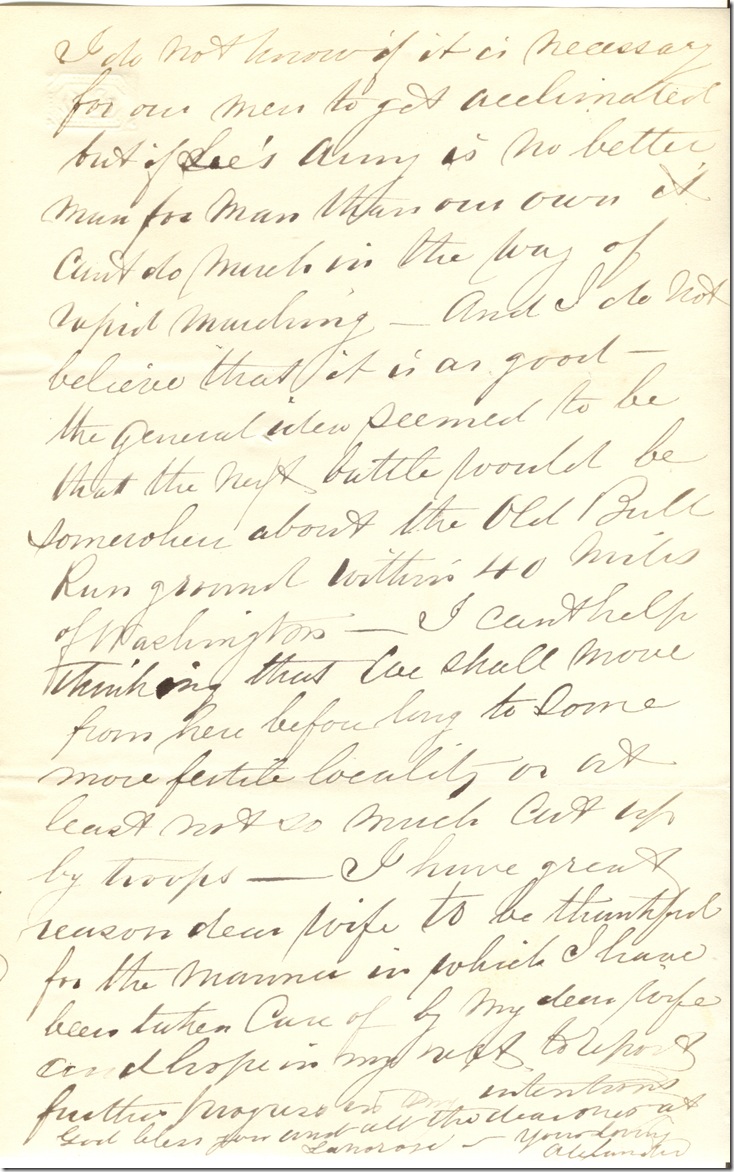
Transcript:
Head Qrs 121st Regt P.V.
Camp near White Oak Church May 31st 1863
Dear Julia
I arrived here this afternoon. I came down in the boat with Edwd Gratz formerly of our Regt but who has been made a paymaster in the Army and Lieut Col C Ross Smith of Rush’s Lancers . I found the Regiment a good deal the worse for wear, many of the officers were sick — three of our heartiest men and one had gone home — the Colonel was looking very well take him all in all. I think he looked as well as any one in the Regiment — the Regiment was as weak in numbers as I have ever seen it — as I approached camp there was a little cheer from a knot of men of C . I and the Colonel, Hall and the Dr came out to see me. I got through feeling pretty well, found bed and everything prepared for me, horses looking well and all as well as I could expect. I had a long and free talk with the Colonel about my situation and views as to my resignation in which he did not controvert my impressions at all but rather agreed with them. The Camp is on a slightly elevated piece of ground but it is very dusty, far from water, with no shade near it. At dinner the water was nearly white, with mud I suppose. Some of the best men in Camp I found down with illness and many others Complaining. I do no know if it is necessary for our men to get acclimated but if Lee’s Army is no better man for man than our own it can’t do much in the way of rapid marching — And I do not believe that it is as good — the general idea seemed to be that the next battle would be fought somewhere about the Old Bull Run ground within 40 miles of Washington. I can’t help thinking that we shall move from here before long to some more fertile locality — or at least not so much cut up by troops. I have great reason dear wife to be thankful for the manner in which I have been taken care of by my dear wife and hope in my next to report further progress in my intentions. God bless you and all the dear ones at Lanoraye.
Your loving Alexander
Citation: Alexander Biddle (1819-1899), autograph letter signed to Julia Williams Rush Biddle,31 May 1863. Rush IV:30:31

